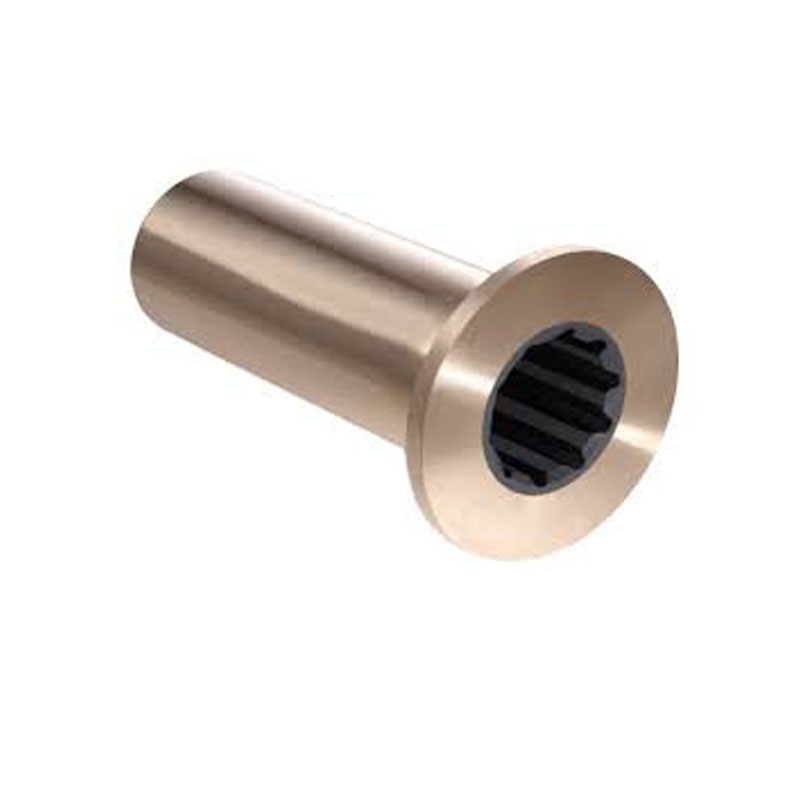flat gasket
Understanding Flat Gaskets Essential Components in Mechanical Sealing
In the realm of mechanical engineering and fluid mechanics, gaskets play a crucial role in ensuring the integrity and efficiency of various systems. Among the many types of gaskets, flat gaskets are particularly significant due to their versatility and essential applications across different industries. This article explores the fundamentals, advantages, types, and applications of flat gaskets, highlighting their importance in engineering.
What is a Flat Gasket?
A flat gasket is a sealing device, usually made from materials such as rubber, cork, paper, or metal, that is designed to fill the space between two or more mating surfaces. Their primary function is to prevent leakage of fluids or gases by creating a tight seal when compressed. Flat gaskets come in various shapes and sizes, and they can be customized to meet specific application requirements.
Advantages of Flat Gaskets
One of the primary advantages of flat gaskets is their simplicity. The design and installation of flat gaskets make them easy to use compared to more complex sealing solutions. They do not require special tools for installation, making them accessible for both professional technicians and DIY enthusiasts.
Additionally, flat gaskets provide effective sealing performance under a range of conditions
. They can handle varying temperatures and pressures, making them suitable for a multitude of applications. Their adaptability allows for use in environments where high resistance to chemicals, oils, and other fluids is necessary.Another significant benefit of flat gaskets is their cost-effectiveness. With relatively low material costs and minimal manufacturing expenses, flat gaskets are often more affordable than alternative sealing methods, such as O-rings or bespoke seal designs. This affordability makes them a popular choice in industries looking to optimize budgets while maintaining reliability.
Types of Flat Gaskets
Flat gaskets come in various types, each tailored for specific applications. Here are a few prominent types
flat gasket

1. Paper Gaskets Often used in lower-pressure applications, paper gaskets are economical and easy to manufacture. They are commonly found in automotive applications, such as oil pans and valve covers.
2. Cork Gaskets Cork is a natural material known for its compressibility and resistance to oil and heat. Cork gaskets are widely used in automotive, marine, and industrial applications.
3. Rubber Gaskets Rubber gaskets, such as those made from nitrile or silicone, provide excellent sealing capabilities and flexibility. They are commonly used in plumbing applications, hydraulic systems, and appliances.
4. Metal Gaskets These gaskets, often made from materials like copper or stainless steel, are utilized in high-temperature and high-pressure applications. Examples include flanged connections in pipelines and heat exchangers.
5. Composite Gaskets Combining different materials to enhance performance, composite gaskets can withstand extreme conditions and find applications in the aerospace, chemical, and oil industries.
Applications of Flat Gaskets
The applications of flat gaskets are vast and varied. In the automotive industry, flat gaskets are critical for sealing engine components, helping to maintain pressure and prevent leaks. In the oil and gas sector, they are used in pipelines, valves, and pumps to ensure the safe transport of hydrocarbons. Additionally, flat gaskets play a vital role in HVAC systems, preventing air leaks in ducts and ensuring energy efficiency.
In the food and beverage industry, where hygiene is paramount, flat gaskets are designed to meet stringent sanitary standards, allowing for safe processing and delivery of consumables. They are also utilized in water treatment facilities for effective sealing in pumps and valves.
Conclusion
Flat gaskets are an indispensable component in the world of mechanical sealing. Their simplicity, effectiveness, cost efficiency, and adaptability make them a go-to choice across a plethora of industries. As technology advances, the development of new materials and manufacturing techniques will continue to enhance the performance and reliability of flat gaskets, ensuring they remain a vital element of mechanical design for years to come. Whether in automotive, industrial, or domestic applications, flat gaskets contribute significantly to the functionality and safety of the systems they serve.
-
Understanding Automotive Oil Seals: Essential Components for Engine and Shaft Protection
News Jul.30,2025
-
The Importance of Heavy Duty Seals in Industrial and Residential Applications
News Jul.30,2025
-
Exploring Industrial Oil Seals: From Felt Oil Seals to TTO and CFW Solutions
News Jul.30,2025
-
Essential Guide to Oil Seals: From Radial to Metal-Cased Seals for Industrial Reliability
News Jul.30,2025
-
Choosing the Right Oil Seals and Gaskets for Industrial and Automotive Applications
News Jul.30,2025
-
Cassette Seals: Durable Sealing Solutions for Harsh Environments
News Jul.30,2025
-
Understanding the Front Main Engine Seal: Purpose, Maintenance, and Installation
News Jul.29,2025
Products categories















